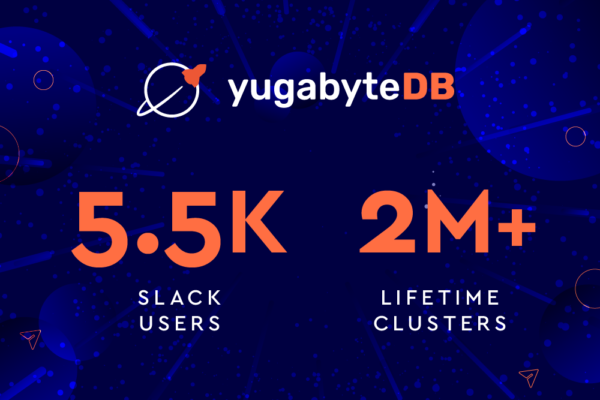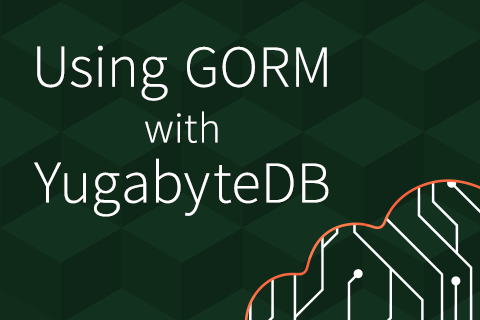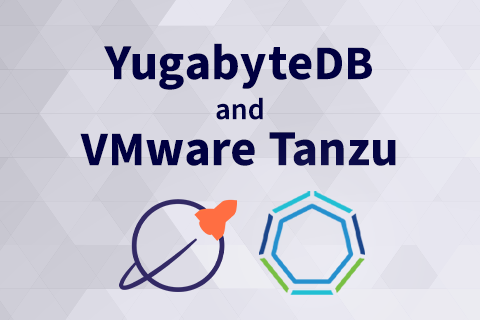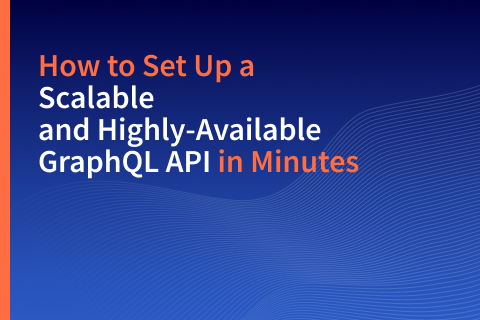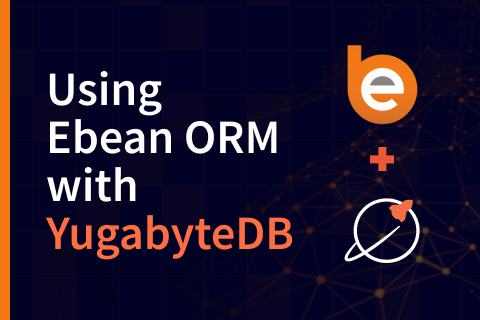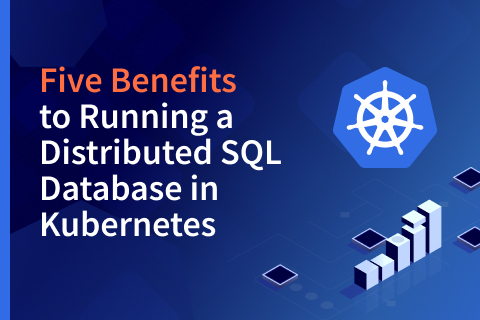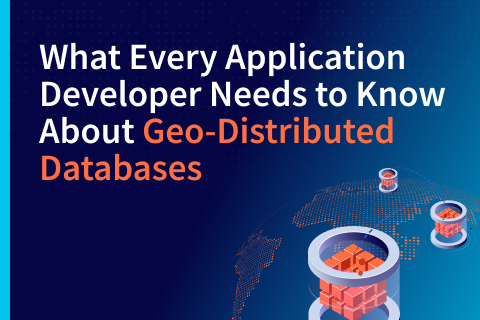Celebrating Significant Growth Milestones in YugabyteDB’s Community!
The YugabyteDB community is at the heart of everything we do at Yugabyte. The worldwide community of open source enthusiasts, application builders, and database aficionados has been a fountain of inspiration, knowledge, and belonging for us. Here are some community highlights we’d love to call out.
Over 5K Users in YugabyteDB Community Slack
We planned to celebrate when we reached 5,000 YugabyteDB Community Slack members. But then we blinked and realized we were already over 5,500!
…
